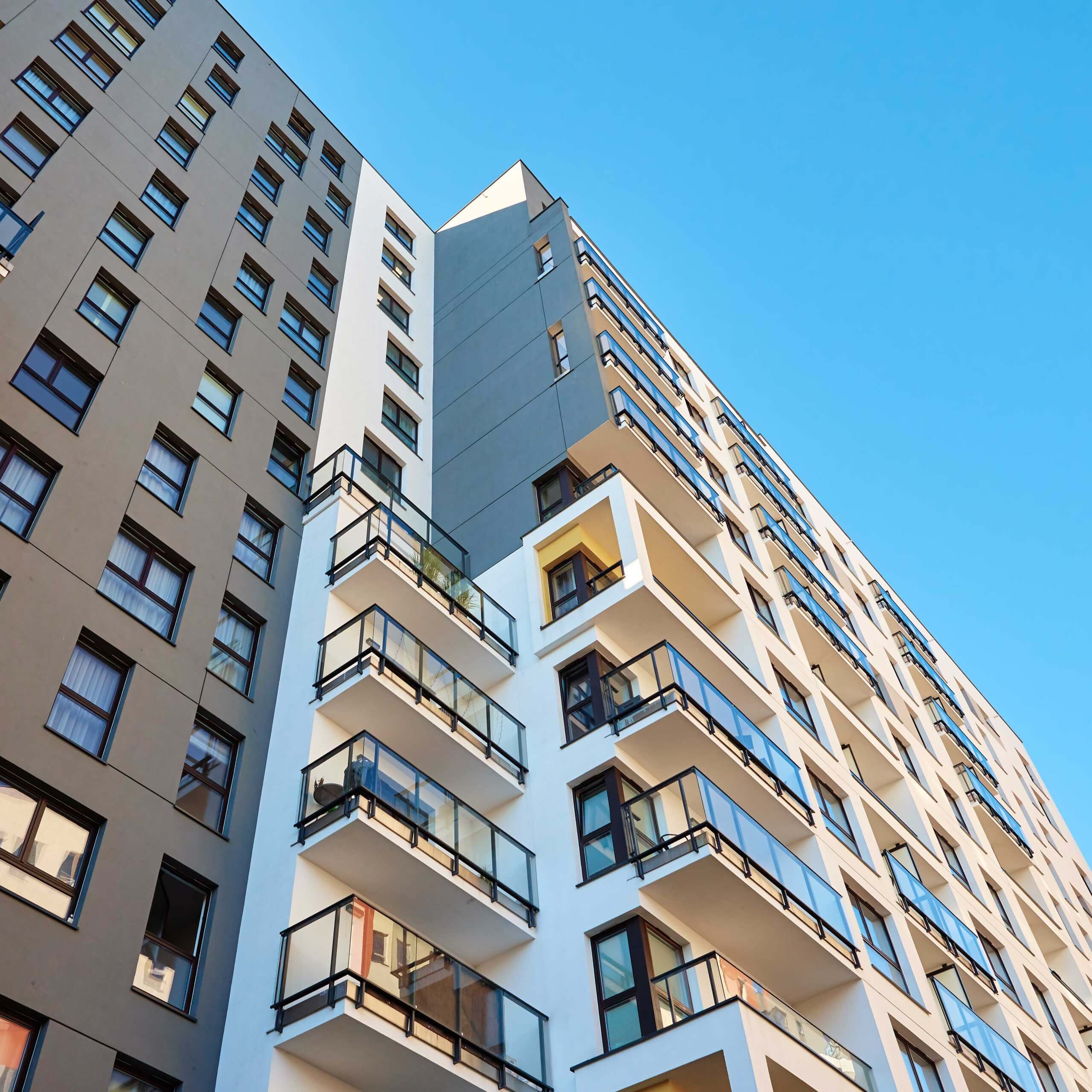Remediation Contribution Orders: Lessons from Triathlon Homes
30th January 2024
The Topline
“The Triathlon Homes case represents a significant milestone in the interpretation and application under section 124 of the Building Safety Act 2022 (BSA 2022) for a Remediation Contribution Order (RCO). Whilst not binding, it serves as a useful guide for future RCO applications. The First tier Tribunal’s (FTT) ruling has provided much-needed clarity on several pivotal aspects of the test for an RCO, including retrospective applicability of the BSA 2022 and the scope of remediation costs.
“However, the key takeaway from this case is how the ‘just and equitable’ test will likely be applied. It was emphasised that each case is unique and the discretionary power should be exercised having regard to the purpose of the BSA 2022 and “all relevant factors”, rather than identifying a particular approach that should be taken across the board. Whilst this decision may not provide all the answers, it certainly prompts the right questions and so is essential reading for anyone seeking to understand the practical implications of RCO applications ”.
– Asia Munir, Senior Associate, Real Estate Litigation


The FTT has handed down a landmark decision in the much anticipated application issued by Triathlon Homes LLP (Triathlon) for a RCO, linked here.
The ability to apply for an RCO arises from section 124 of the Building Safety Act 2022 (BSA 2022), and prior to this decision there had only been one other RCO application decided by the FTT, which was uncontested and so was not very informative.
This decision provides valuable insight into the interpretation of the BSA 2022.
Background
The proceedings concerned five residential blocks at Stratford in East London, originally developed by Stratford Village Development Partnership (SVDP) to provide accommodation for 17,000 athletes and officials participating in the London 2012 Olympic Games. At the time of development SDVP was owned by the Olympic Delivery Authority, and, after the Olympic Games, SDVP was sold and is now owned by Get Living Plc (Get Living). Following the Olympics the accommodation was converted into apartments and there are 2818 apartments over the five blocks that were involved in the application.
Triathlon is a limited liability partnership that was established to provide affordable housing at the former athletes’ village (which is now called East Village).
In 2020 serious fire safety defects were discovered at East Village which led to the implementation of a waking watch and additional alarm and heat detection systems being installed as interim measures. The management company at East Village, EVML, devised and is implementing a works programme to remove and replace the unsafe cladding (with funding through the Building Safety Fund), with works due to complete by August 2025.
The Applications
In December 2022 Triathlon lodged five applications for RCOs under section 124 of the BSA 2022 against SVDP and Get Living (together the Respondents) to cover the five buildings. The applications sought a contribution of nearly £18m to be paid to EVML towards the remediation costs at East Village, representing Triathlon’s share of the total (and including historic costs paid).
The FTT bundled together the five applications, a move that was seen as an efficient approach to reduce time and costs.
The FTT granted RCOs against SDVP and Get Living, ordering them to make payments of:
- Over £16m to EVML in respect of the major works.
- Over £767,000 to EVML in respect of other remedial measures.
- Over £1m by way of additional costs to Triathlon.
The decision covers some interesting points, which we consider below.
Key points
Can the Upper Tribunal hear RCO applications?
The Proceedings were initially transferred up to the Upper Tribunal due to complexity and value, however, the Upper Tribunal Judges confirmed that they had no jurisdiction under section 124 to hear RCO applications (unless on appeal) as the BSA 2022 prescribes that applications under section 124 are to be made to the FTT. The applications were therefore transferred back to the FTT at the start of the first day of the hearing (albeit they were heard by the same judges).
Had the Upper Tribunal decided the applications, then the judgment would have been legally binding on tribunals at FTT level, however, because the judges heard the applications in their capacity as FTT judges, the decision may be persuasive, but other FTT judges will not be bound by it.
Can an RCO be made in respect costs incurred pre-BSA 2022?
SDVP and Get Living argued that it could not and that to interpret section 124 as such would enable Triathlon to recover costs which it had been legally liable to pay at the time it paid them, and that would give the provision retrospective effect.
Triathlon contended that it would be absurd to limit the scope of section 124 by reference to when the remedial works were done or paid for, and relied on the Explanatory Notes to the BSA 2022 as confirming Parliament’s intention that RCOs could be obtained to include costs incurred pre-BSA 2022.
The FTT said that it was in no doubt that RCOs could be made in respect of costs incurred before the BSA 2022 and stated that the language used in section 124 was clear. It was determined that “irrespective of fault, it is fair for those with the broadest shoulders to bear the unprecedented financial burdens” – the BSA 2022 has the effect of transferring the potentially ruinous cost of remediation from individual leaseholders and distributes it between landlord, developers and their associates. Interpreting the legislation in a way which would result in one leaseholder, who had paid their service charge in respect of remedial works before the BSA 2022 came into force, being left with no recourse, and their neighbour, who had refused to pay their service charge, having the benefit of receiving full protections, could not have been Parliament’s intention.
Who must the contribution ordered be paid to?
The FTT found that the ‘specified person’ to whom payment must be made need not be the person applying for the order. In these applications, Triathlon was applying for contributions to be paid to EVML.
This could mean that for example a Local Authority or a leaseholder could apply for an RCO, with the contribution being payable to the landlord or management company able and willing to carry out the remedial works.
Can an RCO be sought in respect of costs putting in place interim measures, or limited to remediation costs?
The Respondents argued that there was a distinction between costs “incurred” in remedying relevant defects (which they said could be subject to an RCO) and the costs of implementing temporary measures to prevent building safety risks from materialising (which they argued could not be ordered under an RCO).
The FTT disagreed. It was determined that any measure which either eliminates a defect altogether, or reduces it to a point where it no longer presents a risk to the safety of people in the building from fire or building collapse could, in principle, be the subject of an RCO.
When is it just and equitable to make an order?
The making of an RCO is subject to the FTT finding that it is “just and equitable” for an order to be made. The BSA 2022 does not specify when it is just and equitable to make an order in any particular case, or how the FTT ought to exercise its discretion.
The FTT determined that the discretionary power ought to be exercised having regard to the purpose of the BSA 2022 and all the relevant factors, and noted that the FTT is well versed with considering what is just and equitable in other contexts (for example, when considering applications to prevent a landlord from putting costs in connection with proceedings through the service charge, or when considering applications for dispensation from consultation requirements).
In this case, the FTT considered the following factors:
- The Respondent suggested that Triathlon’s motivation for seeking an order was to ensure it would not be called on to meet any of the remediation costs itself. The FTT determined that an applicant’s motivation for seeking an RCO was irrelevant – Parliament legislated to allow interested persons to take advantage of RCOs.
- The remedy under section 124 of the BSA 2022 is a non-fault based remedy – the availability of other claims / potential claims that the applicant may have is irrelevant.
- The Respondent argued that the SDVP of today is not the SDVP that developed East Village. The timing and circumstances in which an investment was made was found to be irrelevant when determining whether it was just and equitable for the companies in which they invested to be the subject of RCOs (and it made no difference that SDVP was originally publicly owned).
- It was relevant that SVDP was the developer – the policy of the BSA 2022 is that the primary responsibility for the cost of remediation should fall on the original developer. The BSA 2022 and associated regulations created a hierarchy or cascade of liability, with the original developer and its associates at the top.
- SVDP’s financial position and dependence on Get Living for financial support (being the wealthy parent company) is precisely the circumstance at which the association provisions are targeted. As such, the financial position of the developer and the parent company were relevant.
- The works were to be fully funded under the BSF, which led to the Respondent suggesting it would not be just and equitable for an RCO to be made. The FTT commented that it found it difficult to justify why it would be just and equitable to allow the best part of £20m to remain in Get Living’s bank account, rather than being returned to the BSF where it could be used to remediate other buildings. FTT said that public funding is a matter of last resort and was therefore irrelevant in this application.
Remediation contribution orders: How we can support you
Walker Morris’ Real Estate Litigation specialists, working seamlessly with our other cross-discipline Building Safety Act experts, are uniquely placed to help clients from right across the Living sector to successfully navigate all of the legal, regulatory and practical changes brought about by the Building Safety Act.
Our long-standing experience and success in providing strategic risk management, transactional and dispute resolution advice for industry participants in all areas of the sector has contributed to our in-depth understanding of all parties’ commercial perspectives. Our appointment to support the UK Government in relation to remediation orders also places us in the unique position of being able to share information and advice with our clients which is based on hands-on experience of issuing this entirely new form of claim to address unsafe cladding and/or defects.
For tailored advice, assistance or training in connection with remediation orders or the BSA generally, please contact Asia or Lewis.








